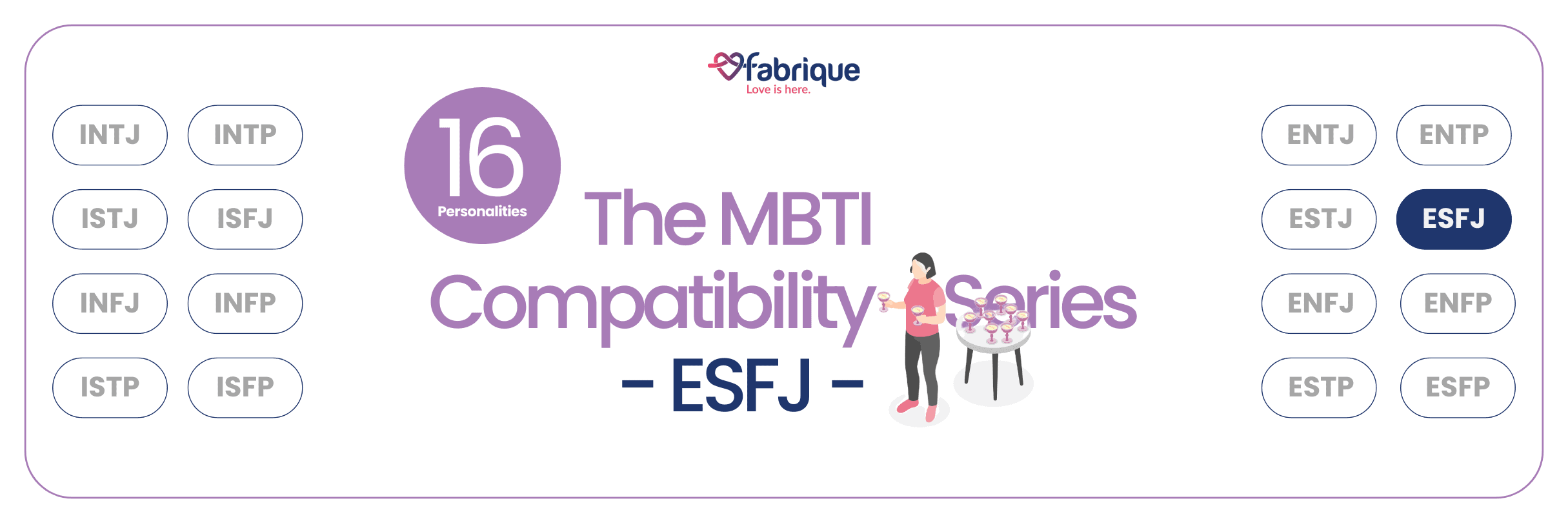
ESFJ: The Nurturing Partner
ESFJs are known for their warm and nurturing nature in relationships. They are highly attuned to the emotional needs of their partners and are always ready to lend a supportive hand. These individuals thrive in environments where they can create harmony and make their loved ones feel cared for. In a relationship, an ESFJ is likely to prioritize the needs of their partner above their own, often going out of their way to ensure their happiness and well-being.
Dating an ESFJ
Pros
ESFJs, also known as “The Caregivers,” are known for their warmth, empathy, and strong sense of responsibility towards their partners. They are attentive and nurturing, always putting their loved ones first. Here are some pros of being in a relationship with an ESFJ:
- Excellent communication skills
- Highly supportive and encouraging
- Great at creating a harmonious and peaceful atmosphere
- Willing to go above and beyond to make their partner happy
Cons
While ESFJs have many positive traits as partners, there are also some potential challenges to be aware of. Here are some cons of being in a relationship with an ESFJ:
- May struggle with boundaries and prioritize others over themselves
- Can be overly sensitive to criticism
- May have a tendency to be controlling or overly involved in their partner’s life
- May struggle to express their own needs and desires
ESFJ Relationship Compatibility

Most Compatible Types:
- ISFP: The ISFP and ESFJ can complement each other well, with the ISFP’s creativity and laid-back nature balancing out the ESFJ’s practicality and organization.
- ENFP: The ENFP’s energy and enthusiasm can bring out the fun side of the ESFJ, while the ESFJ’s nurturing nature can provide stability for the ENFP.
- ISTJ: The ISTJ’s reliability and attention to detail can be a good match for the ESFJ’s caring and sociable personality, creating a strong foundation for a relationship.

Most Incompatible Types:
- INTP: The INTP’s logical and independent nature may clash with the ESFJ’s emotional and relationship-focused approach to life.
- ENTP: The ENTP’s love for debate and exploration may be seen as too unpredictable and challenging for the ESFJ’s need for stability and harmony.
- INTJ: The INTJ’s analytical and strategic mindset may not always align with the ESFJ’s emotional and people-oriented perspective, leading to potential conflicts.
What Makes ESFJs Happy in a Relationship
ESFJs are known for their warm and nurturing nature, so they thrive in relationships where they feel appreciated and loved. They value harmony and stability, so a partner who can communicate effectively and resolve conflicts peacefully will make them happy. ESFJs also enjoy spending quality time with their loved ones, so gestures of affection and attention are highly valued.
What Makes ESFJs Unhappy in a Relationship
- Lack of appreciation and recognition
- Conflict and tension
- Feeling ignored or neglected
It’s important to remember that MBTI type is not everything in a relationship. While compatibility can play a role, mutual understanding, hard work, and love are still the pillars of a successful and fulfilling relationship. By prioritizing communication, empathy, and respect, any relationship can thrive, regardless of MBTI type.
